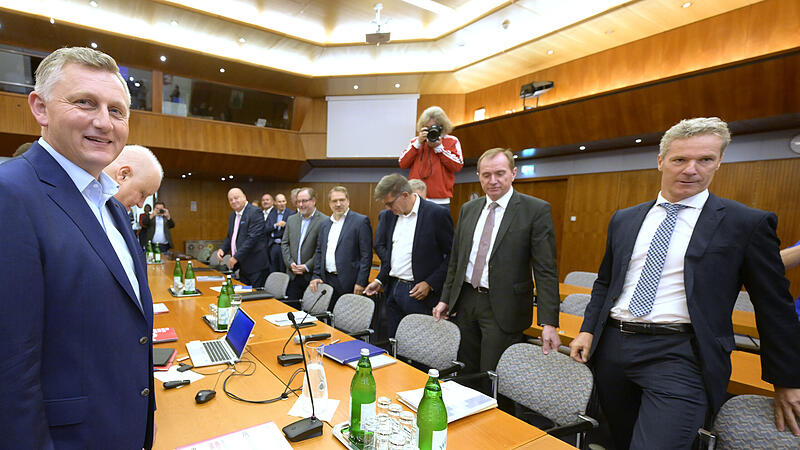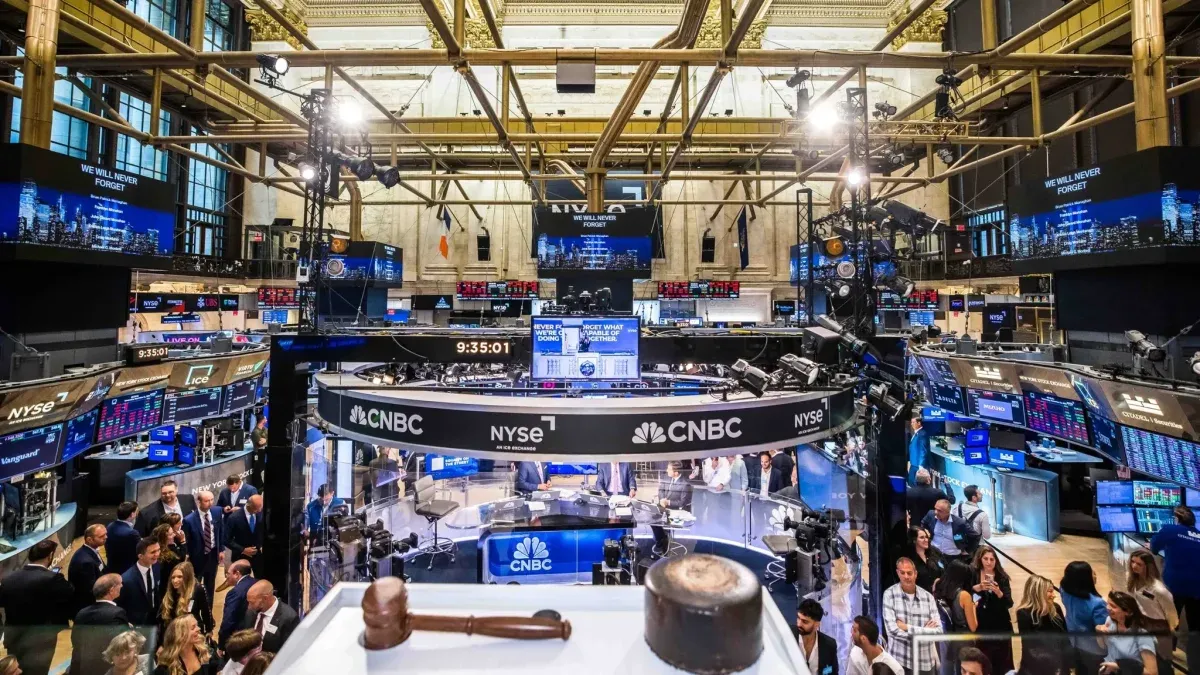Image: ROBERT JAEGER (APA/ROBERT JAEGER)
Last Monday, the unions presented their demand for an 11.6 percent wage increase in the metal industry. The first round of negotiations begins this Monday. Two further dates have already been fixed, and an agreement the day after tomorrow is considered extremely unlikely. The economic researchers from WIFO and IHS described the demand as moderate, meaning that the employee representatives would take the weakening industry into consideration.
Sixth week of vacation?
The metal industry has around 200,000 employees, plus about the same number in the metal industry, which is also about to begin negotiations. The employer representatives have already announced that even the compensation for inflation over the past twelve months – the so-called rolling inflation – of 9.6 percent is still too high for them. However, the employee representatives from PRO-GE and GPA have always ruled out any degree below this. In addition to the money, it is also about the framework law, such as reaching the sixth week of vacation earlier or the individual possibility of a free time option (no wage increase, but more free time).
Other union demands concern, among other things, the approximately 8,000 apprentices in the metal industry. After completing their apprenticeship, they will in future be placed on an equal footing with the salary scale of graduates from higher vocational schools. The income difference at the basic level is currently 390 euros gross.
Your opinion matters! Vote:
This vote is disabled
Please activate the category Targeting cookies in your cookie settings to display this item. My cookie settings
Economists do not see a wage-price spiral
The economists from the Economic Research Institute (WIFO) and the Institute for Advanced Studies (IHS) do not see that high degrees could lead to a wage-price spiral. Not least because 80 percent of production would be exported. And it is important to strengthen purchasing power with appropriate wage agreements. Nevertheless, the specter of recession hovers over the industry.
Due to the high inflation in the past few months, there has been a loss in real wages, but if the rolling inflation level is now at 9.6 percent – with inflation currently falling – there could be a noticeable increase in income again next year. A yardstick for agreement among metal workers is also the pension increase of 9.7 percent recently decided by the federal government. According to industry representatives, wage costs in the metal engineering industry amount to around ten billion euros per year, and the additional costs would be correspondingly high even with just one percent more wages.
Video: Are the metalheads’ demands moderate or excessive? The Economic researchers Franz Schellhorn and Oliver Picek with an assessment
more from economics




